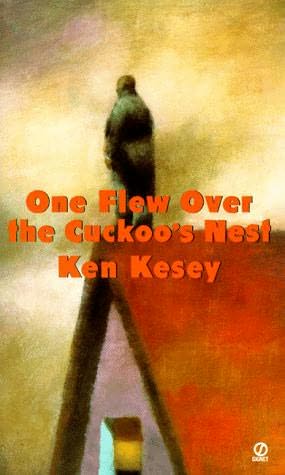Interview with Khaled Hosseini, author of The Kite Runner:

O: Its great to be speaking with you Mr. Hosseini. You've just written a new novel called The Kite Runner. Could you tell us a little bit about the plot of the book?
KH: Thank you very much, I'm glad to be here too. The novel is set partly in Afghanistan, and partly in the U.S. It follows the story of a boy who witnesses a horrible crime while "running" a kite in the annual kite festival. He soon moves to the United States with his father and begins his life there in the Bay Area.
O: What was the overall message you were trying to convey in telling this boy's story?
KH: I was trying to show the convictions and attitudes of different cultures. I closely related my own personal experience with that of the main character, Amir. I was born and raised in Afghanistan and moved to the U.S. in 1980, just as Amir is in the book. By making this deep connection with the character, I was able to convey his emotions and outlooks much more sophisticated, as apposed to if i had no emotional connection to the character at all.
O: I understand that in the beginning of the book, Amir witnesses an extremely difficult scene involving his best friend Hassan. How does the beginning of the book affect the rest of the novel?
KH: I chose to show the reader that scene in the beginning to show where Amir gets his character from. That scene is what truly changes who he is, and his entire life. The tone of the novel becomes much more melancholy after Amir and his father leave Afghanistan because of the war. However the idea of hope, is always present throughout the entire book.
O: Was it your own childhood that inspired the character Amir?
KH: It was definitely a large part of it. He was a very haunted character and i saw so many people like him, scarred by the images of war and suffering. I wanted to show in The Kite Runner, that no matter what or where people go in life they always know and respect their roots. Respect is something that is one of my greatest ideals, respect for ones possessions, respect for ones ideals, and respect for ones country. A saying that i truly believe in is "home is where the heart is". Where you grow up, and grow into the person you will be for the rest of your life is eternally sacred.
O: Why is Hassan so important to Amir in the book? Even after Amir tried his hardest to push him away?
KH: Friendship, brotherhood, are extremely imporant in all cultures, especially in Afghanistan. Amir sounds so harsh to Hassan, because he loves him so much that he can't accept what has been done to him with his recognition. Guilt and Forgiveness are two main themes in this book. Constantly people are doing wrong, and then forgiving. One example is when Amir hides money under Hassan's mattress and blames it on him so that his father will send Hassan and his father away. Surprisingly, Amir's father forgive him because of their strong relationship. Without the hope of forgiveness, many of us would be very lost in this world.
O: Well it has been so great to have you here today! I hear that they have made a motion picture of The Kite Runner! Are you pleased with it?
KH: Yes, very much so! The actors they cast are extraordinary. It follows the book very closely and the visual just brings out so much more emotion. I would highly recommend seeing it.
O: Thanks for being with us today Mr. Hosseini!
KH: Thank you for having me.




